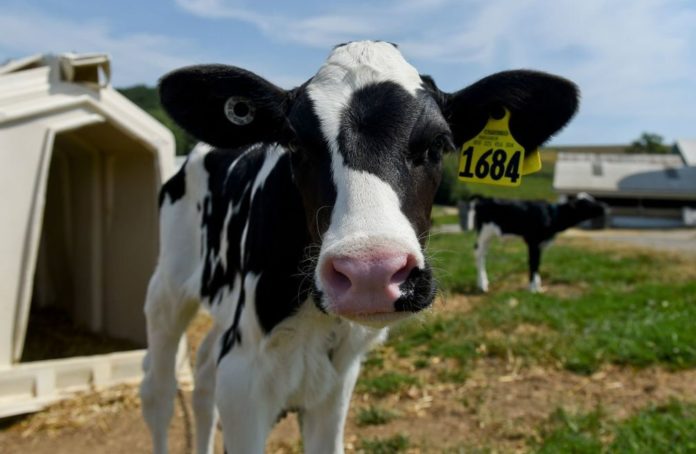Wildfires have become more frequent and larger in the United States in recent decades, affecting everything from human life and health to air quality, biodiversity, and land usage. The dairy business in the United States is not immune to these consequences. More than two million dairy cows, which provide more than 25% of the country’s milk, live in the Western states, where wildfires are especially common. A new study published in the Journal of Dairy Science® investigates how wildfire smoke may affect dairy cattle in the Western United States.
“Evidence suggests that wildfire smoke events can result in substantially greater exposure to harmful compounds than typically found in non-fire urban air pollution conditions,” says lead investigator Amy L. Skibiel.
Fine particulate matter, a known air toxin and a primary driver of air pollution-related sickness in humans, is found in wildfire smoke. “FFine particulate matter can be respired deep into the alveolar recesses of the lungs, where it can induce inflammation, impede lung function, and be absorbed into circulation,” Skibiel notes. However, little is known about the physiological responses of dairy cows to small particulate matter from wildfire smoke.
During the 2020 Pacific Northwest fire season, the research team monitored a group of Holstein cows in Idaho (July to September). Researchers tracked milk yield and examined blood for health status indicators while the cows were exposed to ambient air quality, temperature, and humidity. Cows were exposed to wildfire-derived particulate matter for seven days in mid-September, at levels 10 to 23 times the US Environmental Protection Agency’s 24-hour average air quality regulations, based on the team’s specified smoke exposure thresholds.
Cows’ milk production decreased by almost a third during and after the seven days they were exposed to smoke. The cows’ blood was affected by higher ambient temperature and humidity, as well as higher amounts of fine particulate matter, which altered protein and fat metabolism and lowered immune cell populations. Increased temperature and humidity, as well as high levels of fine particulate matter, threw off the balance of critical minerals in the blood, potentially due to perspiration or the body’s stress responses. Further research is needed to understand the causes and implications of electrolyte imbalance caused by fine particulate matter exposure, according to the researchers.
Reduced immune cell populations in cows’ blood may imply a dampened immunological response and, thus, increased sensitivity to infection, which is one of the top causes of mortality for non-predator cow and calf deaths in the United States. In addition to the decreased milk production observed in cattle exposed to wildfire smoke, the team’s findings highlight implications for dairy cattle welfare, costs to farmers, and the smooth functioning of the U.S. dairy industry as wildfires continue to pose an increasing threat in this era of climate change.
Image Credit: Getty
You were reading: New Report Reveals Why American Cows Are Making Less Milk
